Trump Administration Wants ACLU Lawyers Disciplined In Undocumented Teen Abortion Case
WASHINGTON ― The Trump administration asked the Supreme Court on Friday to take up a case involving an undocumented teen who received an abortion, urging the high court to toss an appeals court ruling that allowed the procedure and to consider disciplining American Civil Liberties Union lawyers who represented the girl.
The Justice Department’s lengthy filing indicates the administration planned to seek Supreme Court intervention before the teen, known the court case by the pseudonym Jane Doe, received her Oct. 25 abortion after month of delay by U.S. authorities. The filing alleges the girl’s ACLU lawyers misled the government about the timing of the abortion.
“After informing Justice Department attorneys that the procedure would occur on October 26th, Jane Doe’s attorneys scheduled the abortion for the early morning hours of October 25th, thereby thwarting Supreme Court review,” DOJ spokesman Devin O’Malley said in a statement. “In light of that, the Justice Department believes the judgment under review should be vacated, and discipline may be warranted against Jane Doe’s attorneys.”
The ACLU said called the allegation “baseless.” The group’s legal director, David Cole, said the lawyers were working in the best interests of their client.
“That government lawyers failed to seek judicial review quickly enough is their fault, not ours,” Cole said in a statement. “We won’t let this distract us from the real issue here, which is that there are many more young women like Jane Doe out there who are still unable to get the care they need because of the Trump administration’s unconstitutional policies. We will not stop fighting until we have justice for every young woman like Jane.”
The 17-year-old Jane Doe had an abortion last week after a ruling by a federal appeals court. But that didn’t end the legal battle. The federal government argued that it was within its rights to block unaccompanied minors in its custody from leaving shelters for abortions, a problem that goes far beyond fighting in court to extend one teen’s unwanted pregnancy. The lawsuit could have major abortion-rights implications for for both undocumented immigrant minors and other pregnant women in government custody.
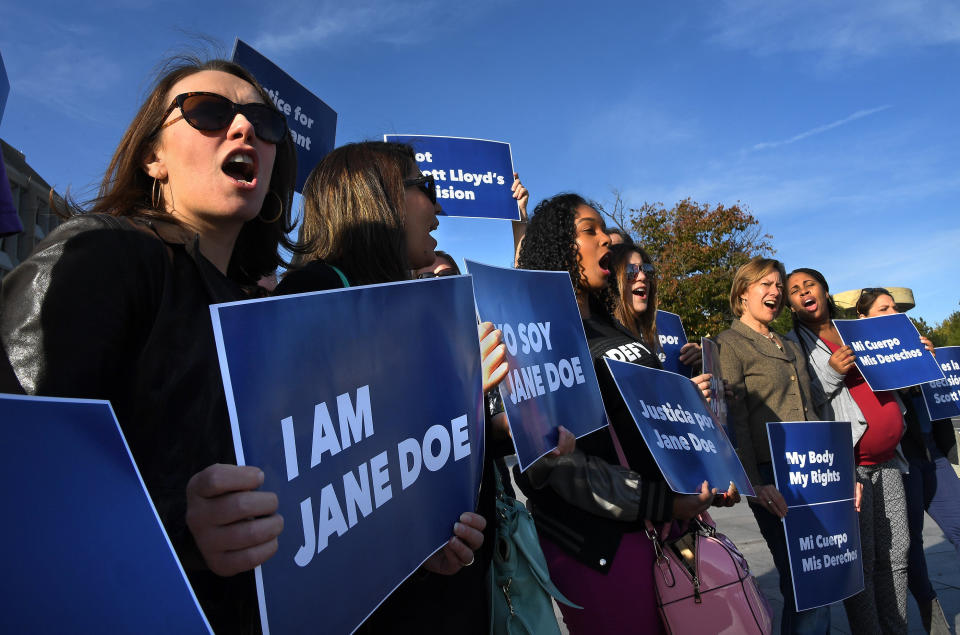
In the Jane Doe case, a Department of Justice attorney argued that the government was not blocking the teen from getting an abortion because she was free to return to her home country or could be released to a sponsor in the U.S. ― two infeasible options, according to her attorney. Abortion is illegal in Jane Doe’s native country, and leaving the U.S. would prevent her from making a legal case to stay in the U.S. The government had not found her a sponsor to take her in.
The Office of Refugee Resettlement, which has custody of Jane Doe, for a month blocked her from going to an abortion clinic after she received permission from a Texas judge to make her own decision about terminating her pregnancy, and sent her to a “crisis pregnancy center” to discourage her.
The government’s attorney said the Office of Refugee Resettlement could not be required to “facilitate” Jane Doe’s abortion, which she defined as granting permission for the procedure and care afterward. Jane Doe all along had planned to pay for her own abortion and arranged transportation to and from appointments.
The government’s argument also could be applied to any other pregnant unaccompanied minor in Office of Refugee Resettlement custody, and there’s every indication they would be treated the same was as Jane Doe. The agency is led by director Scott Lloyd, a former attorney for the Knights of Columbus and ardent opponent of abortion.
Under Lloyd’s leadership, the office instituted a policy that requires him or a designee to sign off on any abortions for immigrant minors in the agency’s custody. This is a switch from previous policy, in which directors were involved in abortion decisions only to approve that government funds be used in cases of rape, incest and threats to the life of the mother.
Lloyd reportedly said he would allow pregnant immigrant minors to leave Office of Refugee Resettlement shelters only for “pregnancy services and life-affirming options counseling.” He and other officials have personally spoken to pregnant teens in custody to discourage them from abortions, according to the ACLU. Lloyd refused to give a yes or no answer to a congresswoman who asked last week whether he had done so.
The Trump administration argued in court filings that it has “strong and constitutionally legitimate interests in promoting childbirth, in refusing to facilitate abortion, and in not providing incentives for pregnant minors to illegally cross the border to obtain elective abortions while in federal custody.”
Although the lawsuit and administration policy has thus far only applied to immigrant minors in Office of Refugee Resettlement custody, the arguments about facilitation also could affect other women detained by the federal government, such as those in prison or in Immigration and Customs Enforcement detention. The Department of Justice attorney acknowledged that those women are now allowed to obtain abortions and are cared for after doing so ― the same two things she said were “facilitation” for the Office of Refugee Resettlement ― but she did not argue against those policies.
DOJ’s filing on Friday said the government had “asked to be kept informed of the timing of Ms. Doe’s abortion procedure, and one of respondent’s counsel agreed to do so.” The government told the Supreme Court clerk’s office and the ACLU attorneys that it planned to file an application seeking a stay the next morning. Because of that notice, the government alleges, the ACLU moved to expedite Jane Doe’s abortion.
“Although Ms. Doe’s representatives informed the government of the change in timing, they did not inform the government of the other two developments—which kept the government in the dark about when Ms. Doe was scheduled to have an abortion,” the government filing says. “The government recognizes that respondent’s counsel have a duty to zealously advocate on behalf of their client, but they also have duties to this Court and to the Bar. It appears under the circumstances that those duties may have been violated, and that disciplinary action may therefore be warranted. At the least, this Court may wish to seek an explanation from counsel regarding this highly unusual chain of events.”
Also on HuffPost
Lisa
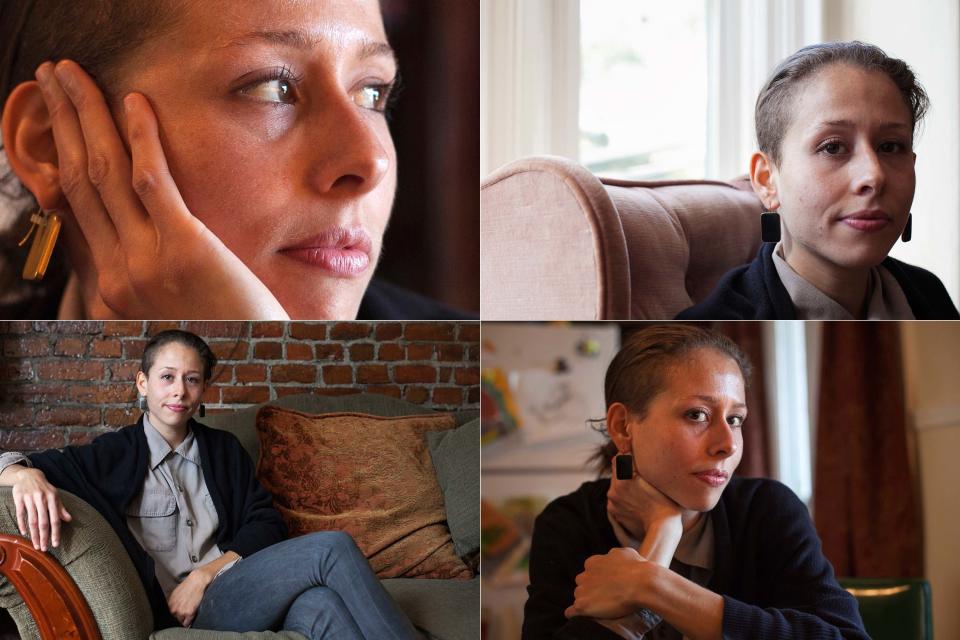
"No regrets. You never think about how you're going to feel when you do it. And when I did it, it was pretty straight-forward... The decision to do it wasn't hard and afterwards it hasn't been hard in that area. I mean, I've had struggles... And I thought I would maybe think about what it would be like if I went through with the pregnancy and having a child and I don't think about it. I don't try to think about it. I don't try not to, I just -- I don't."
Read the rest of Lisa's story here.
Jennifer
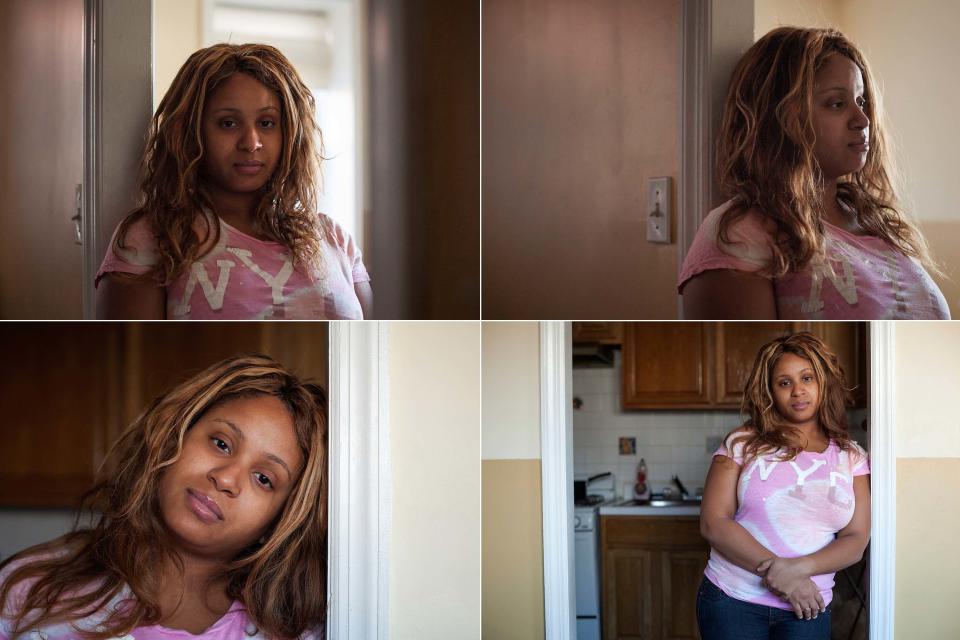
"I was against abortion. I really was -- I was against it. My mom has gone through so many troubles with pregnancies that I wouldn't want to do that... But at the same time, at the time I only had one parent there. My father was incarcerated, so I knew he'd be super duper disappointed in me. And then my mom was just like, 'You know if you get pregnant you're out of here because you're grown.' After that, I made my decision in about two months. After the procedure, I was crying. As soon as I woke up from the bed, I was crying. Crying, crying. And a woman next to me asked me how old I was, and I said 17. She said 'You did the right thing girl. You did the right thing because you're too young. You have your whole life ahead of you.'"
Read the rest of Jennifer's story here.
Aiyana
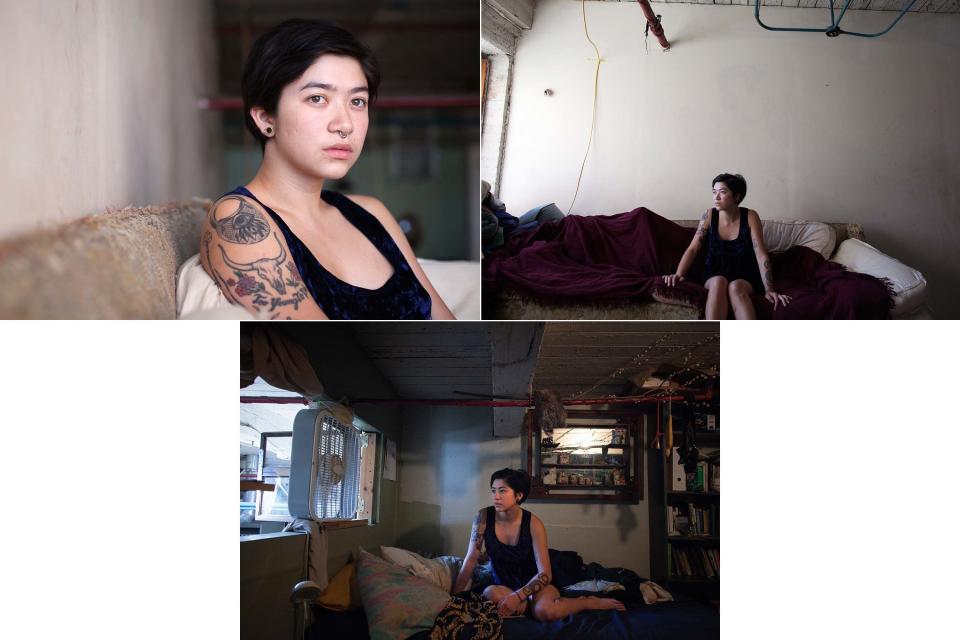
"It definitely has been really rewarding in some ways at least I know I can give friends or acquaintances of mine somebody to talk to, who can give them advice or give them resources that they might not otherwise be aware of... Obviously it's something private. But if it's something that you feel ok talking about, I think that vocalization is important. I think it can help remove the stigma that's attached to having an abortion."
Read the rest of Aiyana's story here.
Lisa

"I regret the choices that I made with regard to the men I was with... that's time that I can't get back. But, I do not regret the decision to terminate those pregnancies. That was the right decision for each one of those pregnancies that was tied to each one of those men."
Read the rest of Lisa's story here.
Leigh
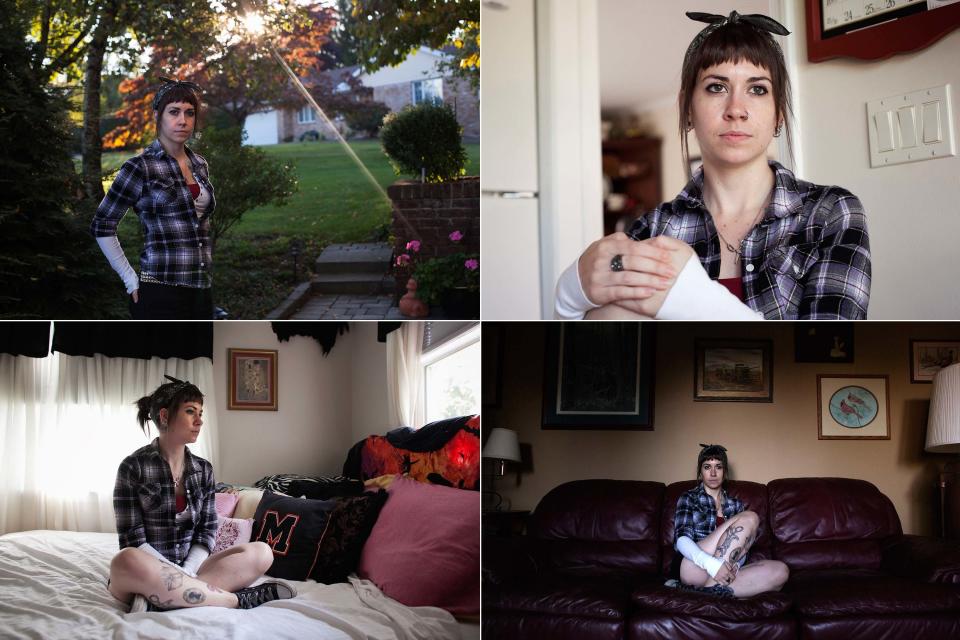
"I didn't take it lightly. It took every inch of strength inside of me to be able to do it, but I knew it was the right decision to make. I know it was the right decision to make. I've never doubted that. I don't regret it but I don't think I could ever stomach being able to do it again. I think I was just about to turn 22... I would have had a 4 and a half year-old right now."
Read more about Leigh's story here.
Love HuffPost? Become a founding member of HuffPost Plus today.
This article originally appeared on HuffPost.

